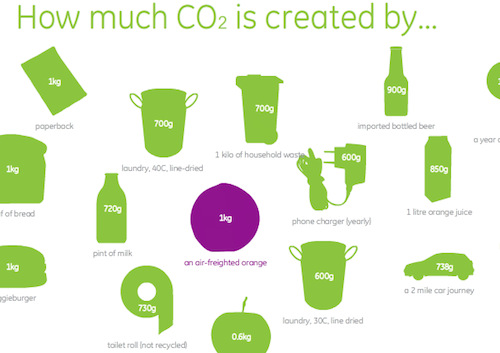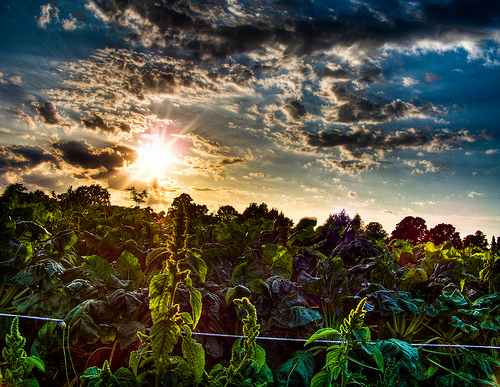
(photo credit: Kei!)
When something really bad happens in the world, we all feel hurt. And helping each other out is one of the best ways to alleviate that pain. But that common sense advice about not shopping when you’re hungry and not investing when you’re anxious also applies to giving.
Saundra Schimmelpfennig at the Chronicle of Philanthropy shared some advice on how to give smart in an urgent time of need. She encourages “disaster philanthropists” to think carefully before pledging their money to an emotionally compelling cause.
Here are some of her points that we think are especially important:
- Make sure the organization you’re donating to actually has permission to operate in the affected area. (This is a no-brainer, but some governments refuse or limit access to foreign aid organizations.)
- Consider giving to organizations that were operating successfully in-country before the disaster. They may have more resources and connections than many of the big-name international nonprofits.
- Don’t be sucked in by projects that tug at your heartstrings. Sure, donating to an animal shelter seems like the natural thing to do after seeing this picture, but does directing your resources there really address the most critical needs on the ground?
- Give aid organizations the freedom to choose what your donation pays for. They know better than you what the most important projects are.
- Don’t forget about the disaster as soon as the news outlets do. Most of the expense and hard work happens after the initial emergency relief efforts end. Rebuilding houses, schools, communities, and lives can take years. Your donation will mean just as much in six months as it does today.
Ready to make an impact? Text a friend and ask them to donate with you. With two researchers on the job, you can probably find a perfect organization – and double your donation in the process!




